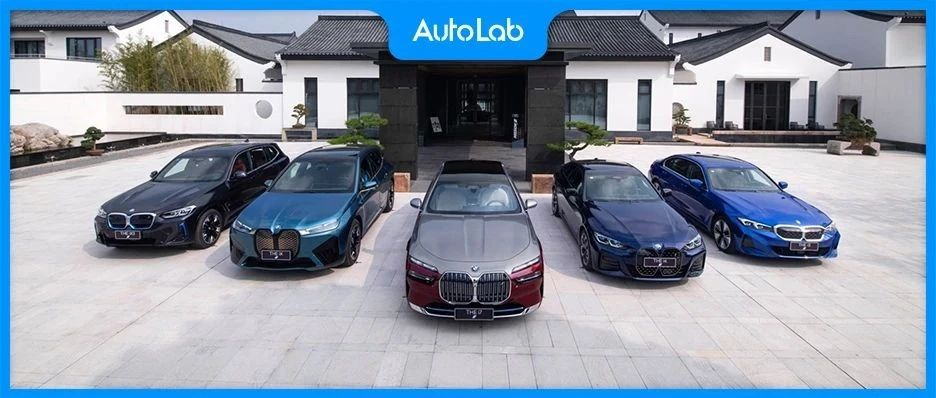Author: Song Shuanghui
According to the data from the China Association of Automobile Manufacturers, the retail penetration rate of new energy passenger vehicles in November reached 36.3%, hitting a historical high. There is no doubt that the trend of electrification is reshaping the century-old pattern of the automotive industry.
As a global leader in luxury automobiles, how to continue the success of the fuel-powered era into the era of electric vehicles is a challenge facing BMW.
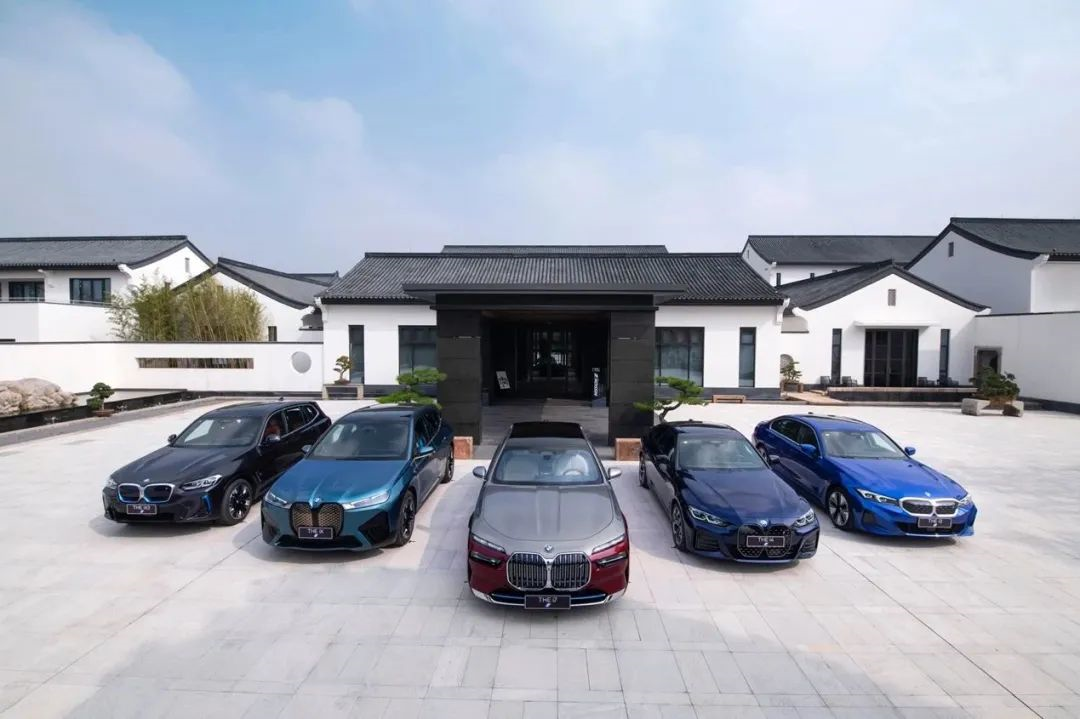
Recently, the BMW Group revealed its electric strategy for 2023. By 2023, BMW will present 11 pure electric products in China, including the third domestic model BMW iX1, as well as Mini and BMW motorcycle products. At that time, BMW will have the most comprehensive pure electric product line among luxury brands, covering almost all segmented markets. Such a lineup of models is not only a reflection of BMW’s strength in electric vehicles but also highlights the important position that the Chinese market holds in BMW’s electric strategy.
Electrification is in Tandem with China
In fact, the BMW Group began exploring electrification technology half a century ago.
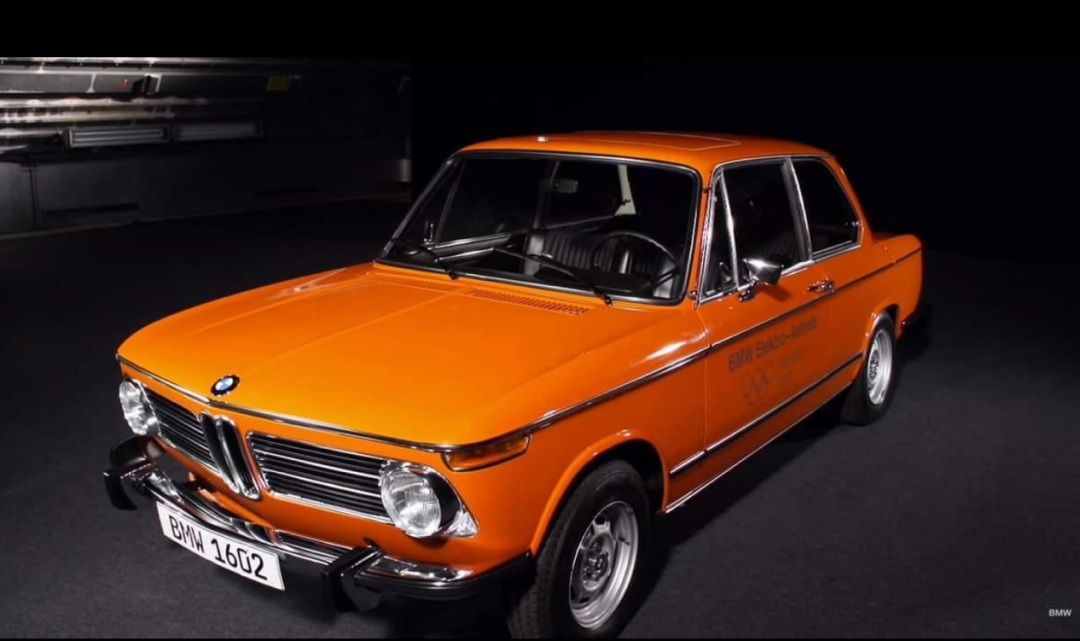
At the 1972 Munich Olympics, the bright orange BMW 1602e was the first pure electric car produced by BMW. The goal was to avoid air pollution and keep the athletes at the forefront with a clean zero-emission model. The BMW 1602e opened the curtain on BMW’s exploration of electric travel and made BMW one of the earliest brands to touch electric cars. In the half-century since then, BMW has continued to make progress on the road of electrification, from creating the BMW i brand, introducing the first generation of revolutionary electric vehicles like the BMW i3 and i8, to the debut of innovative models like the BMW iX, BMW i4, the new BMW iX3, the new pure electric BMW i3, and the innovative pure electric BMW i7.“`
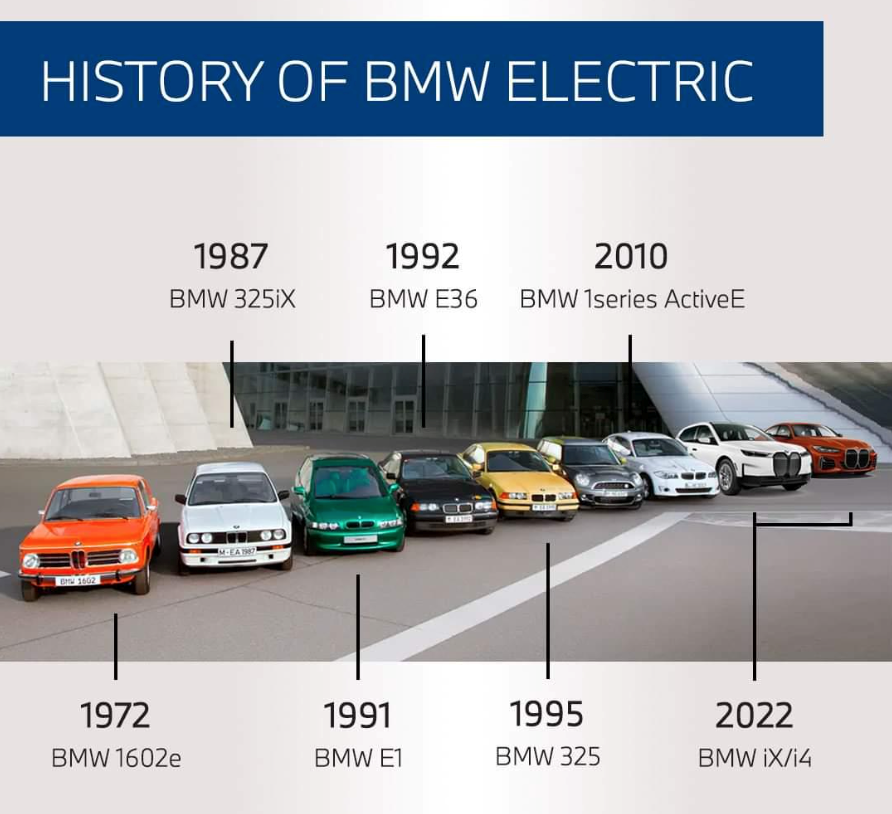
By the end of 2025, BMW Group plans to deliver 2 million pure electric vehicles worldwide. By 2030, 50% of BMW Group’s sales will come from pure electric models, which will drive cumulative sales of pure electric vehicles to 10 million. By then, Rolls-Royce, MINI, and the BMW Motorrad Urban Mobility Series under the BMW Group will also be fully electrified.
As the world’s largest new energy vehicle market, China provides a perfect stage for BMW Group’s electrification strategy to be fully implemented.
BMW Group has presented the future-oriented BMW iFACTORY automobile manufacturing concept in China. In June of this year, the large-scale upgrade project (Rieder Factory) at BMW’s production base in Shenyang became the best example of the BMW iFACTORY production strategy, redefining automobile manufacturing with “lean, green, and digital” concepts.

At the same time, BMW is also continuously improving its local production capacity for power batteries. In 2017, BMW established the Brilliance BMW Power Battery Center in China, as the first luxury brand to establish a power battery center in China. Following the start of production of the second phase of the Brilliance BMW Power Battery Center in 2020, BMW announced another investment of billions of yuan for expansion in November of this year.
Regarding charging networks and dealer systems, BMW is also expanding its layout. As of the end of September, BMW’s public charging network has connected more than 460,000 public charging piles across more than 320 cities nationwide. As of the end of November this year, more than 600 BMW i brand certified dealerships have been established, with more than 2,500 certified new energy technicians, ensuring that BMW’s electric vehicle customers can enjoy fast charging and a standard service, no matter where they are.
Today, BMW’s speed of launching electrified models in the Chinese market is also continuously accelerating. This year, including the innovative BMW iX, innovative BMW i4, new BMW iX3, all-new BMW i3, and innovative pure electric BMW i7, BMW has presented five pure electric products to Chinese customers. In the first 10 months of this year, BMW’s pure electric vehicle sales in China increased by more than 67% year-on-year.
“`## The all-new BMW i3 continues the new chapter of electric driving excitement
BMW’s strategy in the luxury electric vehicle market is perfectly reflected in the all-new BMW i3, which was launched this year. First of all, it is a BMW, emphasizing driving pleasure.
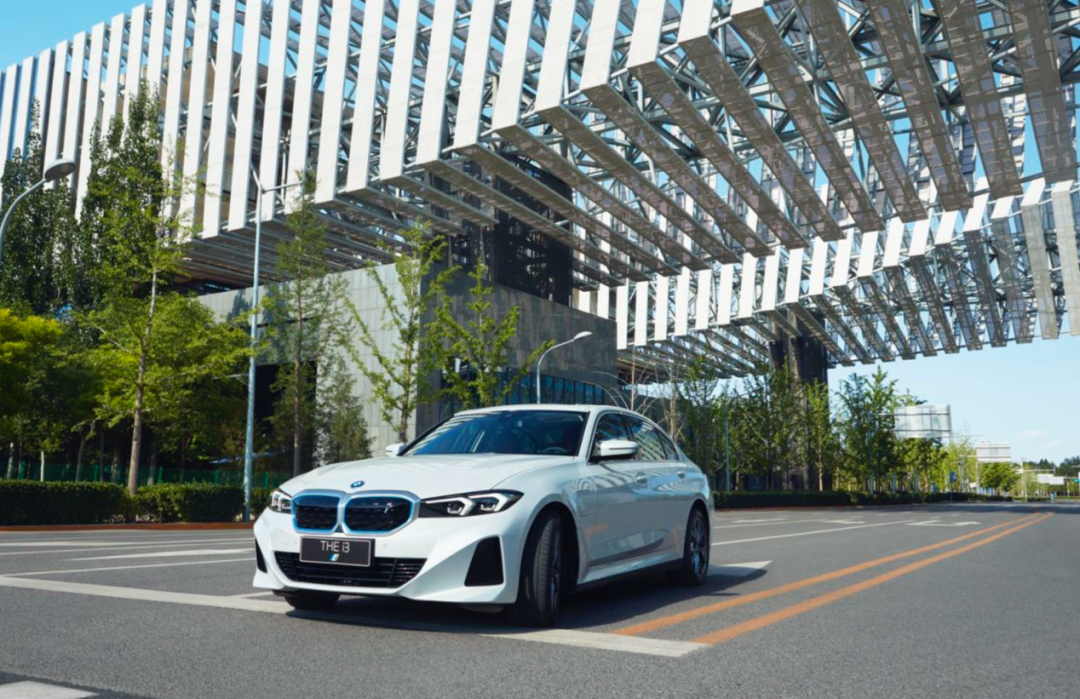
The all-new BMW i3 uses the fifth-generation BMW eDrive electric drive technology and magnet synchronous motor. Compared with permanent magnet synchronous motors and AC asynchronous motors, the magnet synchronous motor not only has better reliability but also allows the motor to produce a larger output torque in the entire speed range, achieving full dynamic acceleration and deceleration, especially in the medium and high-speed operating range.
Therefore, the maximum output power of the all-new BMW i3 is 210 kW, and the maximum torque is 400 Nm. The vehicle can achieve a 0-100 km/h acceleration score of 6.2 seconds with a single motor drive.
In D mode, the all-new BMW i3 inherits the driving experience of gasoline-powered cars comparable to that of BMW electric vehicles, with both acceleration and braking being quite linear. When switching to B mode, it is a more pure electric vehicle, allowing us to experience the convenient driving experience of single-pedal deceleration and stopping.
Certainly, the driving pleasure created by the all-new BMW i3 is not like other pure electric vehicles that can only “go straight”, in the areas of vehicle chassis, handling, and tuning that few electric vehicle brands address, the all-new BMW i3 maintains the style and level of the BMW brand.
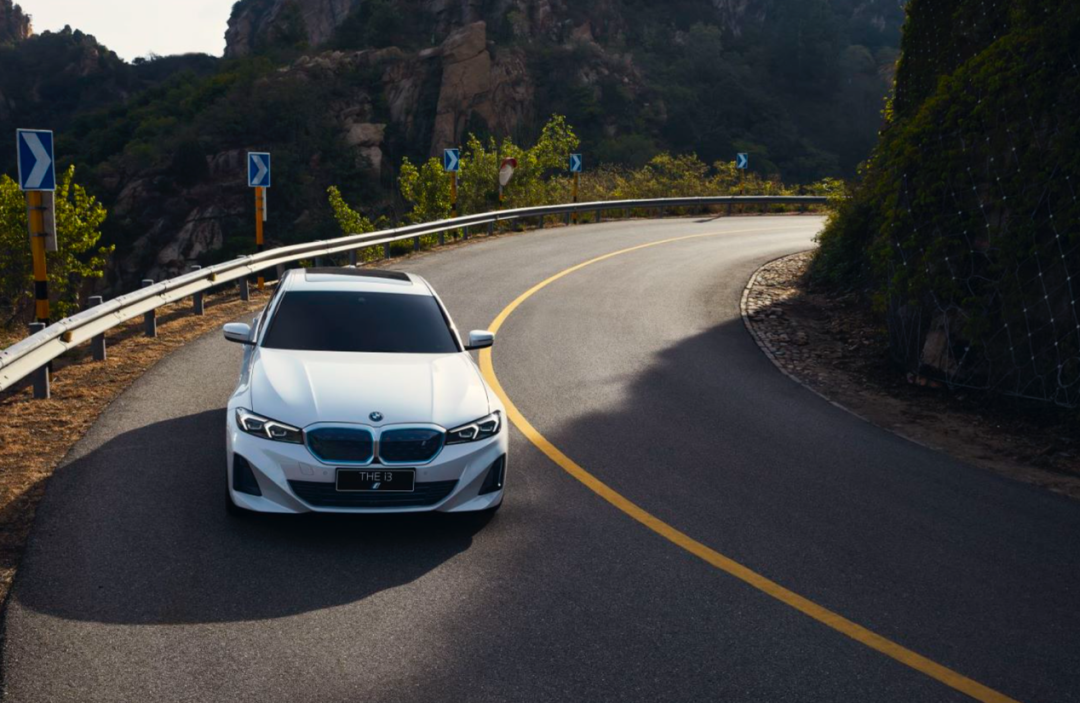
The all-new BMW i3 adopts innovative HRS hydraulic rebound shock absorber technology on both the front and rear suspensions, and the rear axle is equipped with adaptive air suspension for the first time, enabling easy filtering of minor bumps and feedback of motion and comfortable damping to the driver. The new car is also equipped with front shock absorber top pull rods and front and rear anti-roll bars, which can enhance the stability performance of the vehicle during intense driving and bring more passionate and refreshing cornering performance.In terms of the range performance that electric vehicle users care about, the all-new BMW i3 is equipped with a high-nickel ternary lithium battery pack with a capacity of 70 kilowatt-hours. The energy density of the battery cells reaches 240 Wh/kg, and the range under the CLTC standard is up to 526 kilometers. The actual driving range performance exceeds the official specified value, which is one of the reasons why traditional automakers’ pure electric vehicles are reassuring.
AutoLab Observation:
From the all-new BMW i3, we can see that even in the era of electrification in the automotive industry, BMW, with a century of history, still insists on creating truly differentiated products with core technologies and competitiveness. Based on 50 years of electrification accumulation, and around the needs of Chinese luxury car consumers, BMW has created electrification products that truly fit the Chinese luxury car market. This is where BMW, as a leader in the luxury brand industry, has the confidence to always stay at the forefront of the automotive industry’s transformation wave.
By 2023, under the fierce offensive of 11 electric vehicle models, we believe that BMW will continue to write an electric legend in the Chinese automotive market.
This article is a translation by ChatGPT of a Chinese report from 42HOW. If you have any questions about it, please email bd@42how.com.
